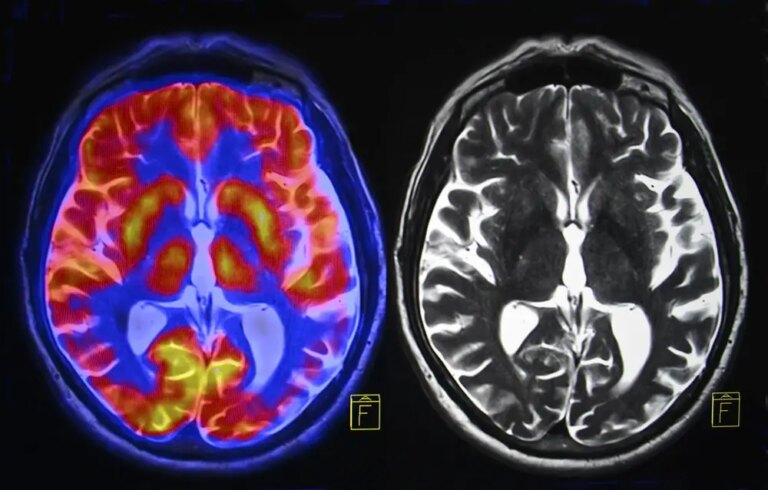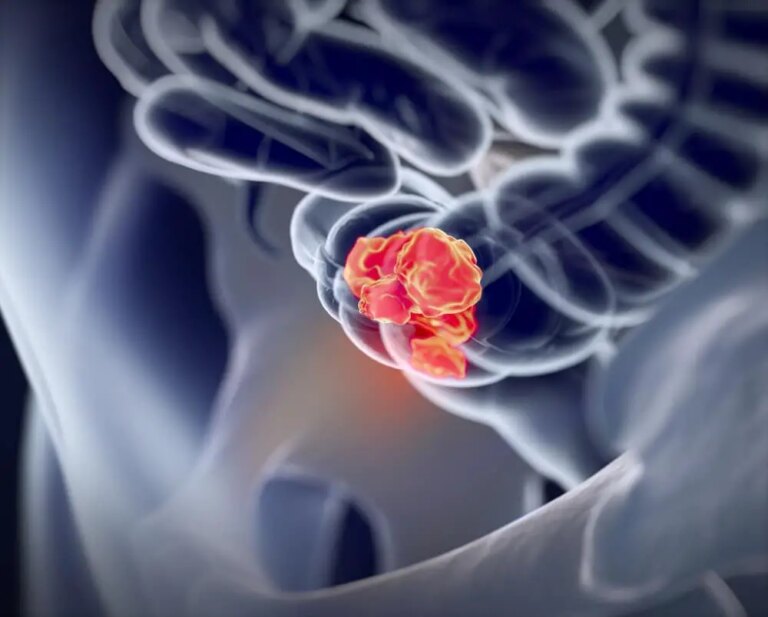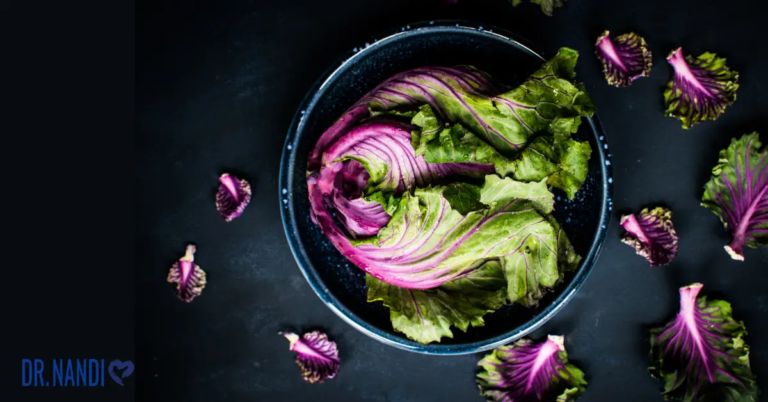The modern world is fast-paced and societal pressures can lead to increased feelings of stress that cause physical, emotional, or psychological strain. Stress affects everyone and is the body’s normal reaction to warning signs or challenges identified by the central nervous system.
When the body identifies stress, hormones and chemicals are released that trigger the fight-or-flight response. The heartbeat increases, sending blood to vital organs allowing the body to respond quickly to those challenges. When stress subsides, the body should return to normal. However, if stress levels stay elevated for too long, health and overall well-being may be adversely affected. (1) Calming The Chaos is a free audio guide from Dr.Partha Nandi that will help eliminate stress and free you from anxiety and tension.
The Connection Between Stress And Health
Three kinds of stress can have a detrimental impact on our health. Understanding the different types of stress and what causes them to occur may help lessen their impact. (2) Here is a brief outline of the three types of stress and some of their physical and mental symptoms:
- Acute stress: The most common type of stress, often triggered by everyday events. Usually with acute stress, symptoms quickly subside when acute stress eases. Symptoms from acute stress may include heart palpitations and high blood pressure, migraine, or chest pains. Other possible symptoms include irritability, anxiety, sadness, headaches, back pain, and even gut problems.
- Episodic acute stress: Symptoms are similar to acute stress but happen more frequently and may contribute to serious illnesses like heart disease or clinical depression if left unmanaged.
- Chronic stress: constant or prolonged stress that leads to significant health issues. Symptoms of chronic stress can include – anxiety, depression, cardiovascular disease, weight gain, stroke, disrupted sleep, memory and concentration problems.

Stress And Skin Problems
Everyone reacts differently to stress. Sometimes stress can cause skin problems resulting in a breakout of rashes or hives. Stress can also aggravate skin complaints such as psoriasis and rosacea and is a common factor when these conditions flare-up. Keeping stress levels in check can also help prevent an outbreak of eczema. A skin condition that reacts to a suppressed immune system, often caused by stress. (3)
The vicious circle of stress can also lead to a worsening of health-related conditions caused by stress. For example, stress contributes to many health issues. Anxiety concerning those issues leads to more stress, which exacerbates the health problems further. Breaking away from the vicious circle and effectively managing stress and its causes is paramount.
My Personal RX: How to Manage Stress
Everyone suffers from stress, and it is the body’s natural response to any problems or perceived threats. How we react to stress can make a difference to overall well-being, and by making a few simple lifestyle changes, we can improve our health across the board. Here are a few of the best techniques to effectively manage stress:
- Exercise: Getting active and exercising more is an effective weapon in the battle against stress. Exercise releases the feel-good hormones called endorphins that can reduce the adverse effects of stress and can enhance mood. (4)
- Diet: A healthy balanced diet crammed with vitamins and nutrients is a significant component to reducing stress. When we become stressed, our body releases the hormone cortisol that supplies us with the energy we need to overcome it in the short term. Too much cortisol creates additional stress and inflammation. A balanced inflammatory-reducing diet can lower cortisol levels and help combat stress. (5) Foods high in sugar and caffeine should be avoided or kept to a minimum as they may cause cortisol levels to heighten.
- Avoid alcohol: It is a common misconception that alcohol can help alleviate stress. However, studies have shown that alcohol is a stressor, and people who experience increased or chronic stress are more likely to consume higher amounts of alcohol. (6)
- Stopping smoking:- Many people claim smoking has a calming effect. Though it may have a lulling reaction in terms of anxiety and frustration, smoking increases stress and can lead to nicotine addiction. Other adverse health problems related to smoking include high blood pressure, increased heart rate, and narrowing blood vessels and arteries. (7)
- Get a good night’s sleep: According to The American Institute of Stress, 48% of Americans have trouble sleeping because of stress. Lowering stress levels may reduce the risk of developing heart disease, stroke, kidney disease, and depression. (8)
- Meditation: One of the best reducers of stress is meditation. Practicing meditation promotes calm and can help you focus more clearly on the problems that create stress. (9) Download Dr. Nandi’s guided meditation series, Calming The Chaos, and receive some of the best techniques for full-body relaxation.

Stress Is Not All Bad News. Eustress Is Good For You
Not all stress is bad for us, and in certain circumstances, stress can have a beneficial effect on health. Eustress is known as positive stress that creates excitement and increases energy levels. It is often associated with a rush of adrenaline, such as playing sports, meeting a work deadline, accomplishing goals, or going out on a first date. Other benefits of eustress are:
- Increased brainpower. Some people thrive under pressure and work better if deadlines are tight or when they have to complete tasking projects. Studies by the University of Berkeley showed brief levels of stress boost brain and cognitive performance. (10)
- Anti-aging. High levels of chronic stress can have a detrimental effect on how we age. Small amounts of moderate levels of manageable stress may help protect the body against oxidative damage. (11)
- Avoiding colds. When you experience modest stress levels, the body produces a chemical called interleukins. Interleukins can give the immune system a quick boost to protect against illness. (12)
- Unborn babies. Studies have shown that stress during pregnancy may enhance the maturation of unborn children and children up to age two years. (13)
Change Can Help You Reduce Stress
Stressful situations are a fact of life, and none of us can avoid them. However, by practicing stress-prevention techniques and making some small lifestyle changes, we can stop ourselves from becoming overwhelmed or swamped by the conditions that lead to stress.
If you are struggling due to stress or the adverse effects of stress, seek help by talking to your doctor, therapist, close friends, or relatives.
Sources:
- https://www.verywellmind.com/stress-and-health-3145086
- https://www.psychologytoday.com/us/blog/open-gently/201812/the-three-types-stress
- https://my.clevelandclinic.org/health/diseases/9998-eczema#:~:text=Eczema%20(atopic%20dermatitis)%20is%20caused,overreaction%20can%20inflame%20your%20skin.
- https://www.mayoclinic.org/healthy-lifestyle/stress-management/in-depth/exercise-and-stress/art-20044469#:~:text=Exercise%20increases%20your%20overall%20health,%2Dgood%20neurotransmitters%2C%20called%20endorphins.
- https://health.clevelandclinic.org/eat-these-foods-to-reduce-stress-and-anxiety/
- https://arcr.niaaa.nih.gov/alcohol-use-disorder-and-co-occurring-mental-health-conditions/biobehavioral-interactions-between-and-alcohol
- https://www.healthline.com/health/heart-disease/stress-smoking
- https://www.medicalnewstoday.com/articles/322994#sleep-deprivation-effects
- https://www.mayoclinic.org/tests-procedures/meditation/in-depth/meditation/art-20045858#:~:text=Meditation%20can%20produce%20a%20deep,physical%20and%20emotional%20well%2Dbeing.
- https://news.berkeley.edu/2013/04/16/researchers-find-out-why-some-stress-is-good-for-you/
- https://www.ncbi.nlm.nih.gov/pmc/articles/PMC4028159/#!po=12.8571
- https://en.m.wikipedia.org/wiki/Interleukin
- https://www.jhsph.edu/news/news-releases/2006/dipietro-stress.html



















